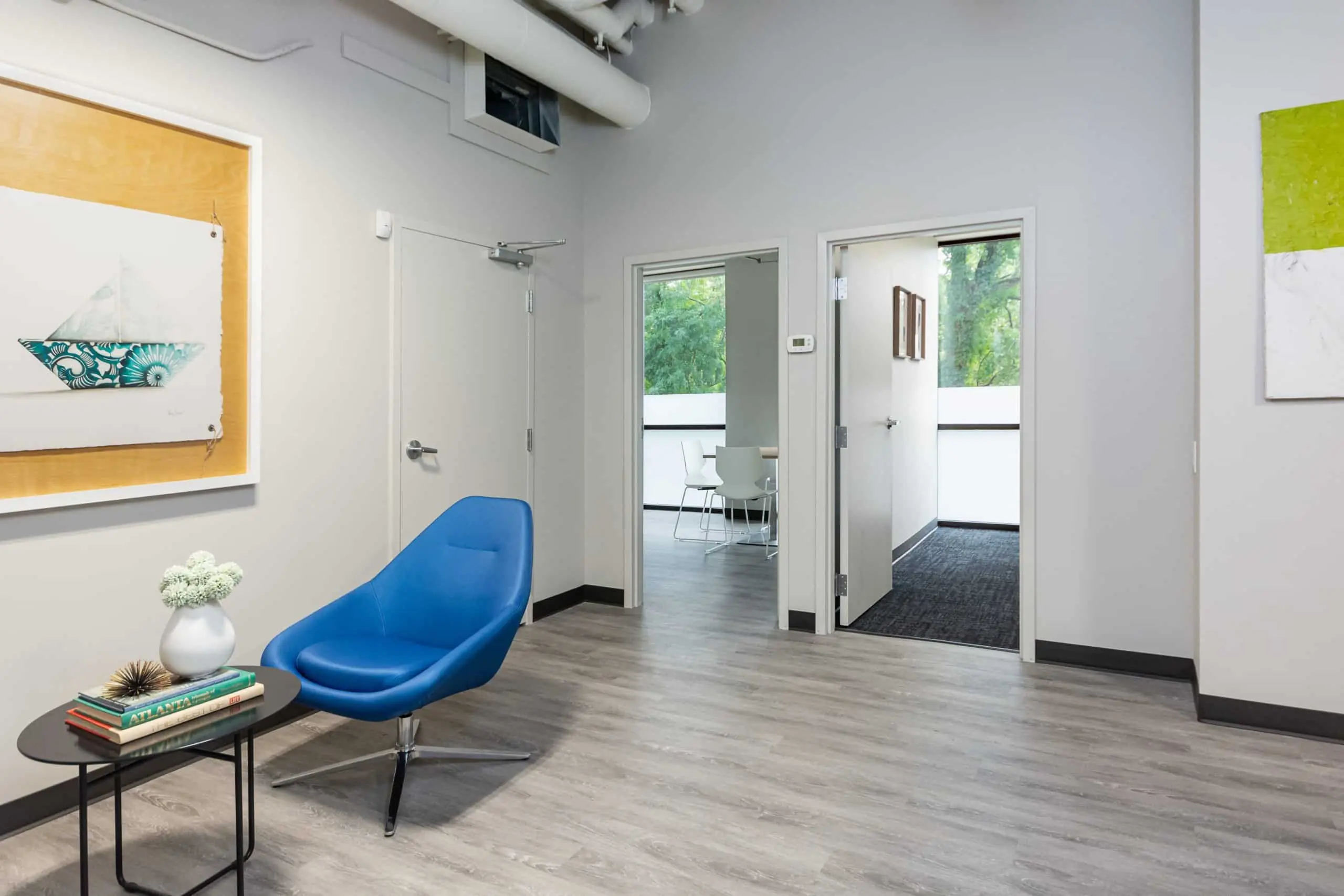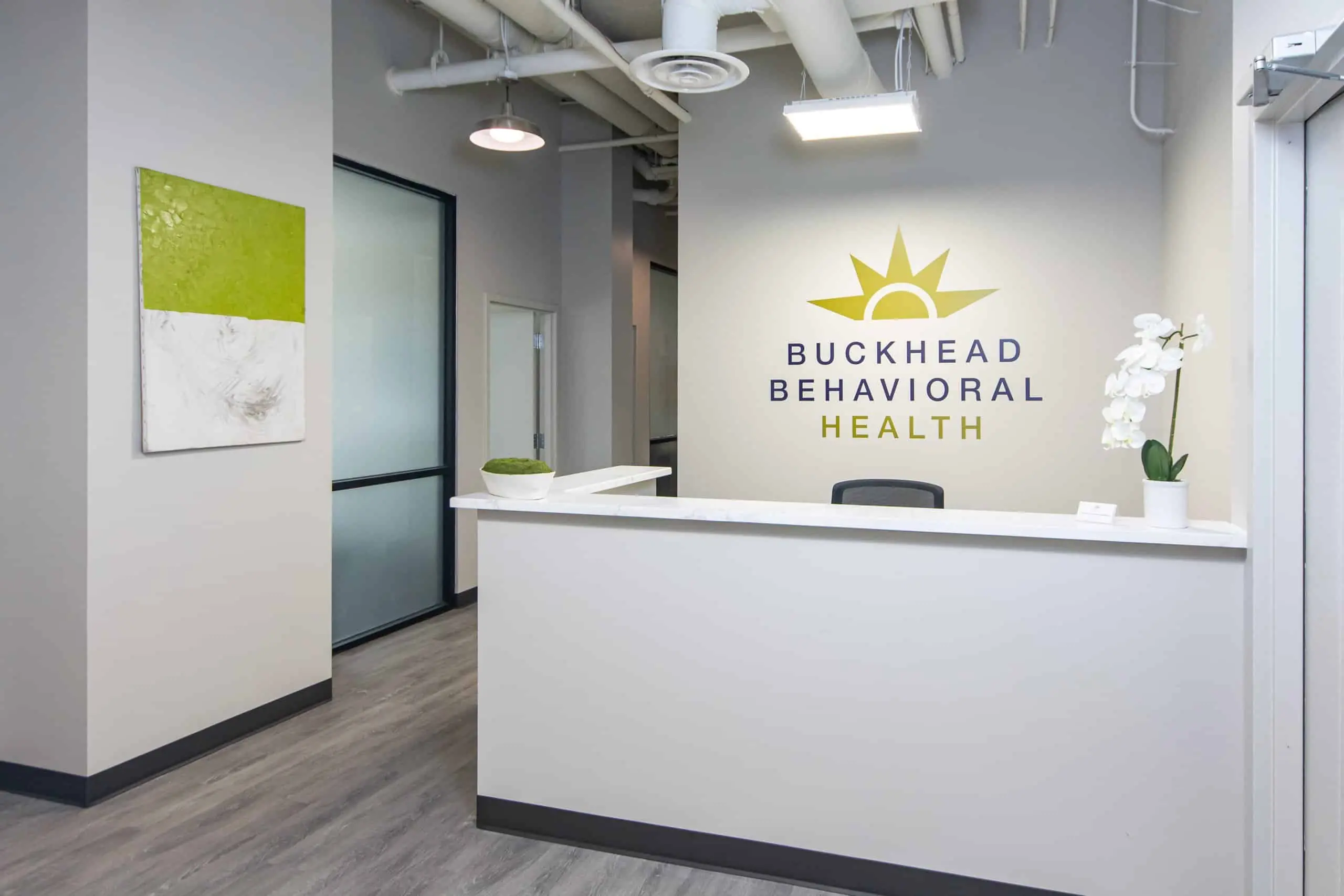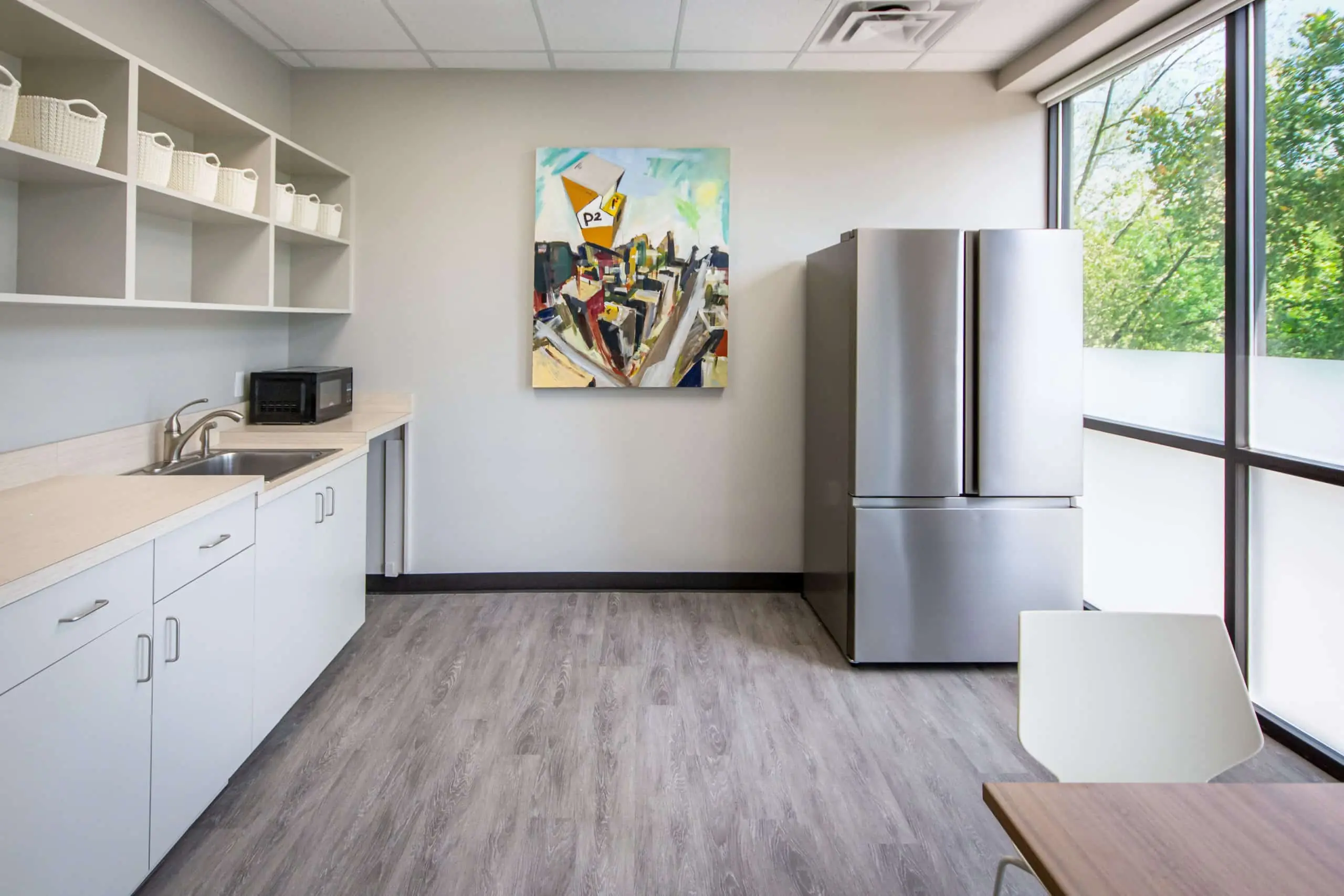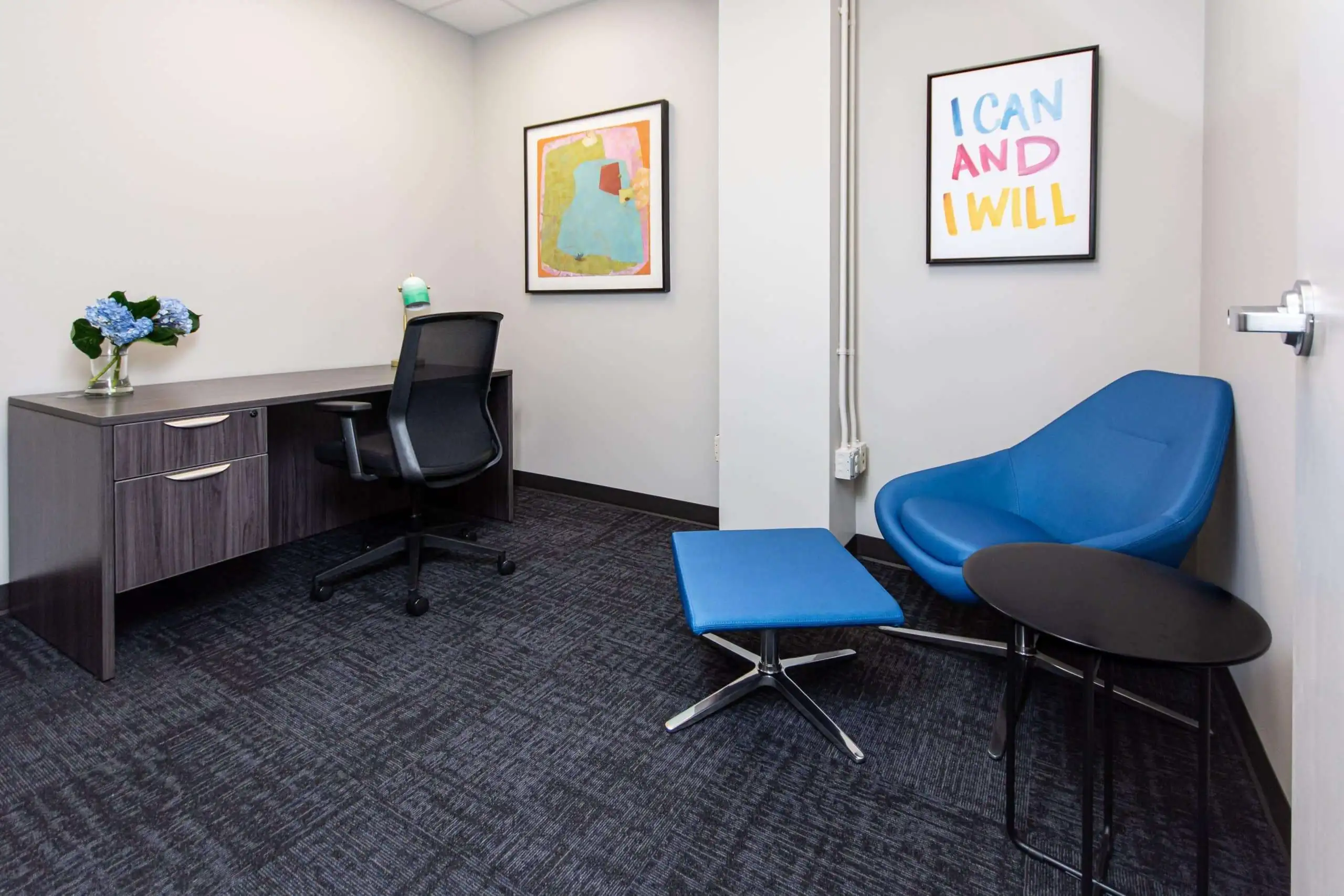Are you facing the fact that you have an alcohol addiction and need help? If so, you may wonder what options are available to help you overcome your substance use disorder. Many modern programs offer a medication called Naltrexone to help treat addictions to opioids and alcohol. While this drug can help tremendously, some people wonder about combining Naltrexone and alcohol. Buckhead Behavioral Health explores what happens when someone in recovery from opioid or alcohol abuse drinks while taking Naltrexone and if this drug is the right choice for you.
What is Naltrexone?
Naltrexone is a prescription drug used in the treatment of substance use disorders in the scope of Medication-Assisted Treatment. It was initially given approval by the U.S. Food and Drug Administration (FDA) in 1984 for treating addiction to opioid drugs such as heroin. Later, approval was given to use Naltrexone to treat addiction to alcohol. The drug can be taken orally, usually on a daily basis, or in an injectable form administered once a month by medical personnel. It is sold under the brand names Vivitrol, Depade, and ReVia. There is no known risk of developing an addiction to Naltrexone.
When someone stops abusing alcohol or opioid drugs, they typically experience cravings for the substance. Naltrexone is often used as part of an overall treatment plan for people who want to stop drinking. The drug works by binding to the body’s endorphin receptors, which blocks the person’s ability to feel the usual effects of drinking. Because they do not feel the pleasure they normally associate with drinking, it reduces the likelihood that they will choose to drink again. As a result, this creates a reduction in cravings for drinking, which makes it easier for the person to avoid relapsing.
Can I Drink While on Naltrexone?
People who have an addiction to alcohol and go into treatment for it sometimes use Naltrexone to help minimize their cravings to drink. Still, the risk of taking a drink exists, which makes people wonder about combining Naltrexone and alcohol. No real dangers are associated with drinking alcohol while taking Naltrexone. Naltrexone is sometimes confused with disulfiram, which is also a medication sometimes used to treat alcoholism. The difference is when someone drinks alcohol while taking disulfiram, they will experience unpleasant side effects such as nausea and vomiting.
While no medical risk exists when someone drinks alcohol while taking Naltrexone, doing so does negate the reason for taking the drug. In fact, if someone does consume alcohol while using Naltrexone as part of an overall addiction treatment program, they should inform their doctor, therapist, or someone else providing treatment. This allows the individual to discuss what triggered the desire to drink and work with their team to find a way to avoid relapsing in the future.
Side Effects of Taking Naltrexone
As with any prescription drug, side effects can occur when taking Naltrexone. Some of the more common ones include:
- Stomach or abdominal cramping or pain
- Nausea or vomiting
- Headaches
- Muscular and joint pain
- Anxiety or restlessness
- Difficulty sleeping
- Lethargy
If a person experiences any side effects, they should immediately report them to their physician. As well, if they combine Naltrexone and alcohol because they experience a slip-up or relapse and begin drinking again, they should alert their doctor.
How is Alcohol Addiction Treated in Atlanta, GA?
Rehab for alcohol addiction happens by using a variety of approaches proven to help people overcome their alcoholism. Getting sober begins with going to detox first, which helps the individual get through the first several days of living without drinking. Next, a person can go to a residential rehab or an outpatient program to continue their treatment.
Alcohol addiction treatment provides multiple types of therapies that enable people to explore what triggered their drinking and how to develop healthy coping skills to use when urges happen. Medication-assisted treatment (MAT) is often used for people overcoming alcoholism. MAT is a combination of traditional talk therapy and the use of prescription medications such as Naltrexone. Because Naltrexone reduces cravings to drink, it makes it easier for the person to concentrate on their therapy sessions as they move through the healing process.
Does Insurance Cover Naltrexone?
Most insurance companies understand that alcohol and drug addiction are real diseases and require treatment for people to overcome them. For this reason, several avenues of treatment are covered by many insurance plans. Naltrexone is often covered by a policy. Anyone interested in using this medication as part of their care for alcoholism should talk to an insurance company representative to see if it’s covered. They can also talk to a rehab facility admissions office to get free insurance verification.
Get Help for Alcohol Addiction in Atlanta, GA
Alcohol and drug addiction are troubling diseases and require professional help to overcome. Along with treatment approaches like talk and experiential therapies, some prescription medications can be used to help people reduce their cravings to use substances again. Buckhead Behavioral Health offers several FDA-approved options as part of a vast menu of proven ways to help people become sober and avoid relapsing. We make sure everyone we treat understands what happens when they combine things like Naltrexone and alcohol so they can make informed decisions.
Are you interested in finding out if Naltrexone may be the missing key to your recovery from alcohol addiction? Contact us today and begin an important discussion about your future.




